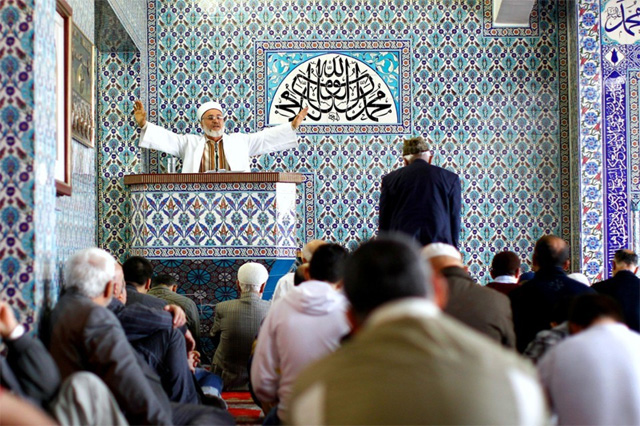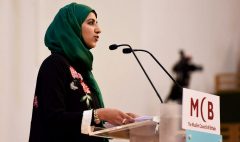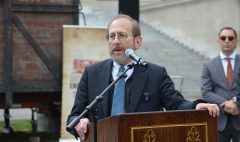The Push to Ban Arabic Sermons in Europe’s Mosques
April 11, 2017 2023-07-29 14:37The Push to Ban Arabic Sermons in Europe’s Mosques

The Push to Ban Arabic Sermons in Europe’s Mosques
In several Western European countries, some politicians want to force imams to deliver sermons only in the official language: In Germany, imams should preach in German; in Italy, in Italian; in Britain, in English; in France, in French. To justify this requirement, two rationales are cited. Some say it will function as a counterterrorism strategy. Others say it will promote the social integration of Muslims. A few appeal to both lines of reasoning.
Germany’s Deputy Finance Minister Jens Spahn called last month for an “Islam law” that would make imams’ sermons “transparent,” saying that the authorities “had to know what happens in mosques.” He argued that imams should preach in German and that “imported imams lead to social disintegration.” Spahn, who also proposed an official registry for mosques, is a member of the executive committee of Chancellor Angela Merkel’s ruling Christian Democratic Union party. Other senior Merkel allies like Julia Kloeckner have joined the push for an Islam law, though a Merkel spokesman said this month that such a law is “not now” on the agenda.
In Italy, Islam isn’t officially recognized as a religion, even though it has an estimated 1.6 million adherents in the country. (The Italian Constitution requires non-Catholic faith groups to sign an accord or “intesa” in order to be formally recognized, after which the groups gain the right to take days off for holidays, to have their religious marriages acknowledged by the state, and so on.) However, in February, the Interior Ministry agreed to “facilitate the path” toward official recognition in an unprecedented arrangement titled the “National Pact for an Italian Islam.” But the government wanted something in exchange: Muslim organizations had to agree to a registry of their imams, and to a requirement that the imams sermonize in Italian. Interior Minister Marco Minniti described the document as a safeguard “against any form of violence and terrorism.” …
Considering that fundamentalist recruiters don’t need to speak in Arabic to be extremely successful at what they do, it’s not clear how clamping down on Arabic-language sermons would represent a viable counterterrorism strategy. After all, Anwar al-Awlaki, the al-Qaeda propagandist and cleric, gave many recorded sermons in English. In the U.K., prominent preachers like Anjem Choudary, Abu Hamza al-Masri, and Omar Bakri Muhammad likewise delivered their messages in English before they were convicted for supporting terrorism.
Source: The Atlantic








